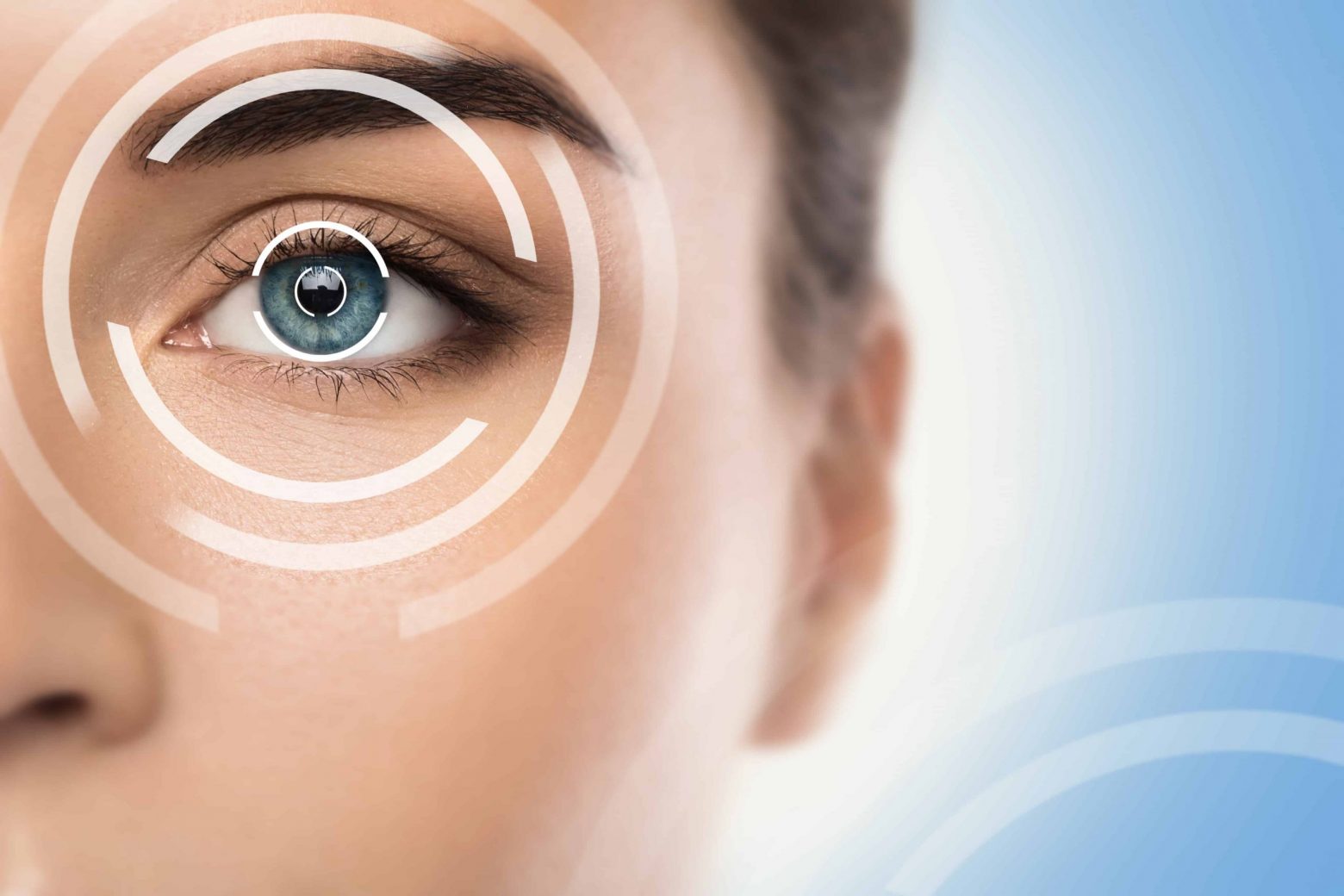Diabetic Eye Exam (Retinal Scan)
Diabetic Eye Examination
Diabetes is a disease that profoundly affects many areas of your body, including your eyes. It increases your risk for eye conditions, such as glaucoma and cataracts. The primary concern for eye health in people with diabetes is the development of diabetic retinopathy.
-
-
What is Diabetic Retinopathy
-
Diabetic retinopathy is a condition that develops when the blood vessels in your retina become damaged. The retina is the light-sensitive portion of the back of your eye. As the damage worsens, you may begin losing your vision. Your eyesight may become blurry, less intense, and begin to disappear
This condition can affect people with type 1 or type 2 diabetes. The longer you live with diabetes, the more likely you are to develop complications like diabetic retinopathy. This is why adopting lifestyle changes and learning to manage diabetes is so important.

-
What are Symptoms of diabetic retinopathy
In its earliest stages, diabetic retinopathy may cause no symptoms. The initial symptoms may be barely noticeable or mild. Over time, the condition can worsen and lead to partial and then complete blindness
You should see your doctor if you experience any of these symptoms:
- floaters, or dots and dark strings, in your field of vision
- dark or empty areas in your field of vision
- blurry vision
- difficulty focusing
- vision changes that seem to fluctuate
- altered color vision
- partial or total vision loss
-
What are Causes of diabetic retinopathy
The buildup of excess sugar in your blood can lead to a number of health issues. In your eyes, too much glucose can damage the tiny vessels that supply blood to your retina. Over time, this damage may block your blood flow.
Chronic damage to retinal blood vessels affects your vision. When your blood flow is diminished, your eye attempts to fix the situation by growing new blood vessels. The process of growing new blood vessels is called neovascularization. These vessels aren’t as effective or as strong as the original ones. They may leak or rupture, which can negatively impact your vision.
-
How is diabetic retinopathy diagnosed?
Treatment for diabetic retinopathy aims to slow or stop the progression of the condition. The exact treatment depends on which type of retinopathy you have, how severe your condition is, and how well-controlled your diabetes is. Possible treatments include the following:
Watchful waiting
You may not yet need treatment if your retinopathy isn’t severe or causing any symptoms. Yearly eye exams are still important, though. Going to yearly exams is the only way your doctor can monitor changes.
Healthy lifestyle
You should manage your diabetes and take control of your blood glucose to reduce the likelihood that your retinopathy will become worse.
Focal laser treatment
You may need a focal laser treatment if you have advanced diabetic retinopathy. This treatment can stop or slow blood leakage from your blood vessels by burning the abnormal blood vessels. This treatment should stop symptoms and can possibly reverse them.
Scatter laser treatment
This type of laser treatment can shrink abnormal blood vessels and scar them so they’re less likely to grow or bulge in the future.
Vitrectomy
Your doctor may suggest a minor surgery called a vitrectomy to ease the symptoms of retinopathy if lifestyle or laser treatments don’t work. During this procedure, your doctor will make a tiny incision in your eye to remove blood that has leaked from your blood vessels. Your doctor will also remove scar tissue that’s pulling on your retina and impacting your vision.
Vision assistance devices
Vision issues often correct themselves once the treatment is complete and your eyes have had time to heal. Your doctor can treat any permanent vision changes with vision assistance devices, such as contacts or glasses.
-
How can I prevent Diabetic Retinopathy?
The best way to reduce the effects of diabetes on your eyes and the rest of your body is to control your blood sugar levels and maintain a healthier lifestyle. You can do the following to help prevent vision loss and other complications from diabetes:
- Attend regular appointments with your doctor to check your health, including the health of your eyes.
- Don’t skip appointments just because you aren’t experiencing any issues. Some of the most mundane symptoms actually may be a small sign of a bigger problem.
- Contact your doctor right away if anything changes with your health or your vision.
- Quit smoking if smoke.
- Lose weight if you’re overweight. Weight loss is important in controlling your blood sugar.
- Maintain a healthy weight to help improve your insulin sensitivity and lower your blood sugar levels.
- Eat a healthy, well-balanced diet to help you achieve and maintain an ideal body weight.
